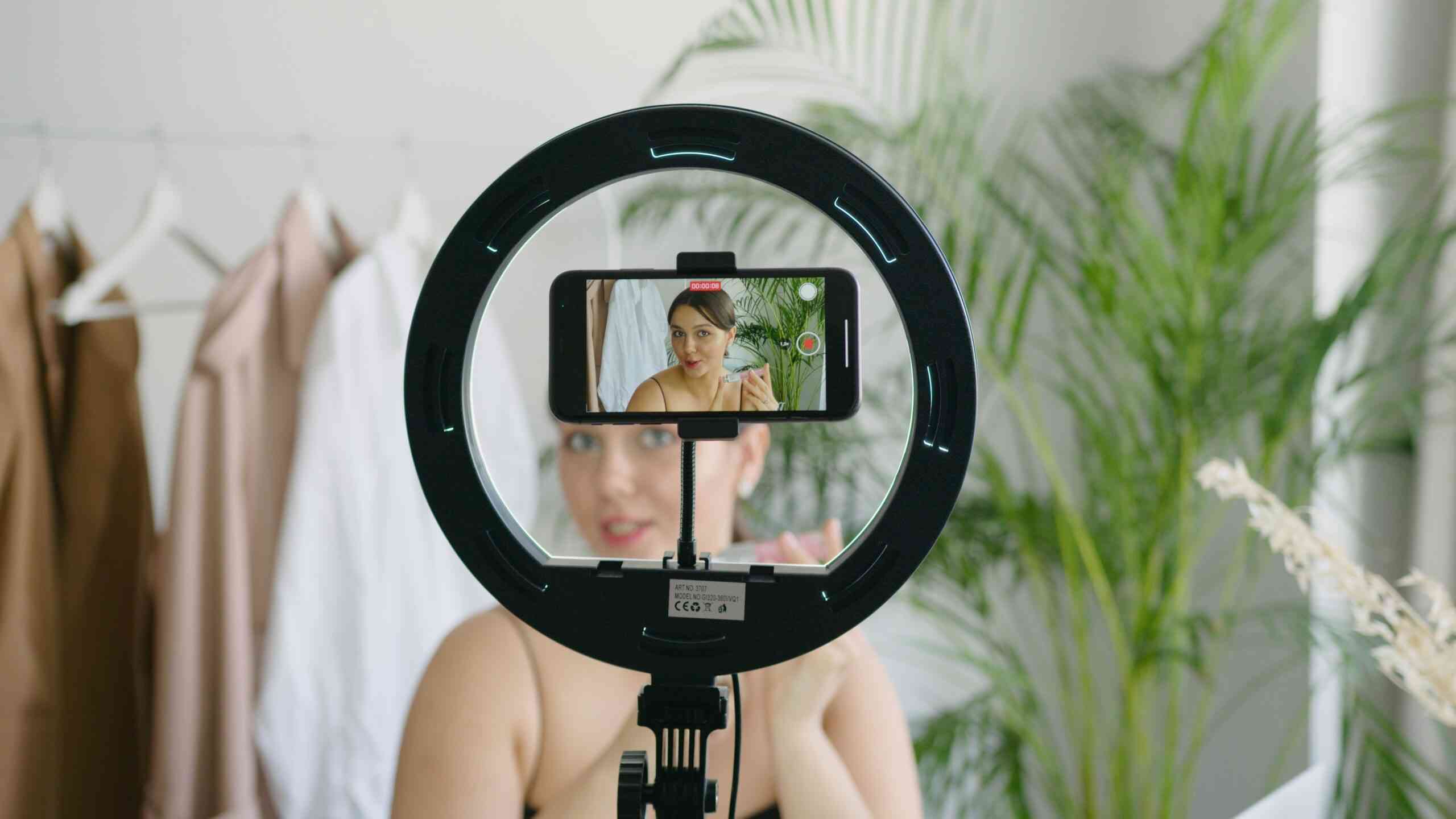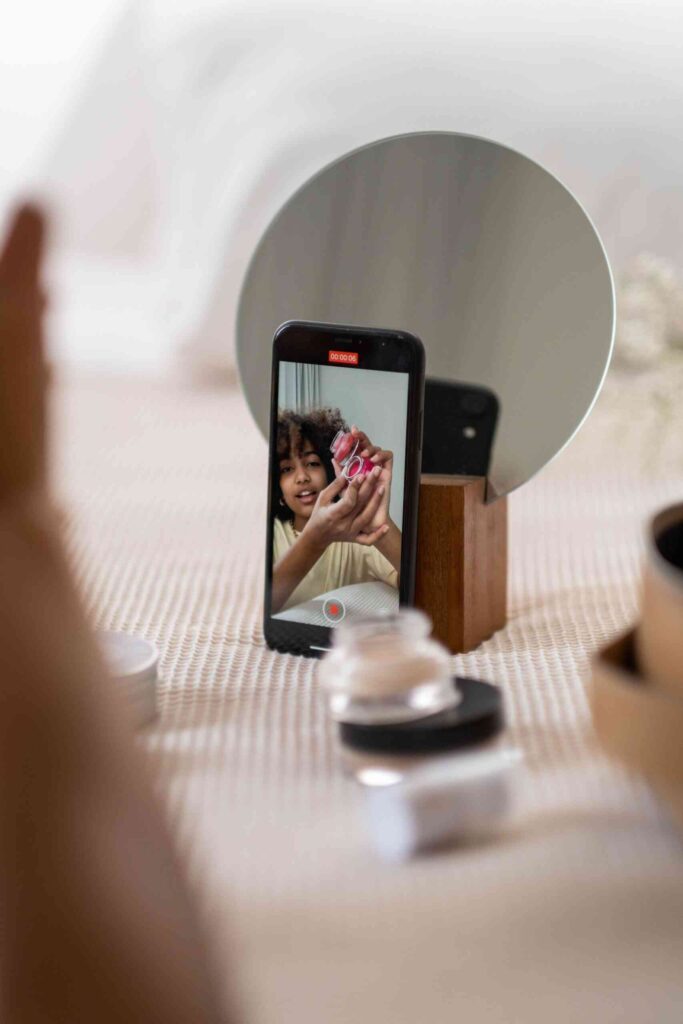Science
Hidden Depths: Thousands of Unknown Viruses Found in the Dragon Hole
16 February 2026

Influencers and television celebrities often attribute their media prominence to hard work and unique talents. Yet a closer look suggests otherwise: their visibility largely stems from the public’s fascination with their private lives. Unlike traditional authority figures, influencers derive their clout from social media metrics, such as followers and likes. This presents a paradox: their impact appears disproportionate when weighed against their genuine expertise. However, their effect on societal behaviors and decisions is undeniable. The increasing capacity of everyday individuals to influence broad audiences in the digital age calls for careful consideration of our information sources.
Before the digital revolution, celebrity culture was primarily found in tabloids, which carried glossy photographs and ‘exclusive’ interviews. The media industry controlled access to this realm of the élites. While celebrity news remains prevalent today, social media platforms have ushered in a fresh cohort of influencers. Their digital profiles brim with glimpses of daily life, from morning routines and casual gatherings to familial moments, all broadcast to a global audience. Their fame often appears baseless; they are celebrated primarily for being known.
However, does the growing popularity of the influencer and YouTuber profession translate into its perception and respect in society? In Poland, for example, a study by SW Research reveals that despite their growing popularity, internet influencers and YouTubers are held in rather low regard among Poles, ranking below some political professions in terms of esteem. Only 16 and 18% respectively of those surveyed held these groups in high regard.
This could explain the changing self-identification within the influencer community. Many now shun the ‘influencer’ tag, preferring ‘online content creator’ instead. This shift likely stems from a desire to be seen as more than mere vessels for advertising. The term ‘content creator’ positions them as active contributors. In using this title, influencers aim to signal to the public, and particularly to advertisers, that their role transcends simple promotion. Their core product? Their personal experiences and the engagement they garner from digital audiences.
In many respects, aristocrats can be considered the predecessors of today’s influencers, symbolizing the earliest form of celebrity. For instance, when the Prince of Wales (who later became King Edward VIII) toured the United States in the early 20th century, photographs of his engagements were widely disseminated, shaping fashion trends like the fedora hat across America. Aristocrats aimed to uphold their family’s reputation or even the prestige of their nation. In contrast, influencers craft a personal brand, promoting it to businesses in exchange for compensation. A key distinction between aristocrats and modern influencers is their entry criteria: aristocracy is rooted in heritage, whereas influencer status hinges on popularity and follower metrics.
In the vast digital landscape of internet celebrities, the virtual influencer Lil Miquela holds a unique position. In 2018, ‘Time’ magazine’s list of the 25 most influential internet personalities featured names like Donald Trump, Rihanna, and Logan Paul, but also included Lil Miquela. While her follower count of around 3 million was not especially notable, what made her stand out was her virtual existence. As the article noted, Lil Miquela, or Miquela Sousa, is an avatar, ‘a digital persona with a backstory that remains shrouded in mystery.’

This digital frontier provides endless opportunities for crafting characters, and Lil Miquela’s story exemplifies this potential. She’s the brainchild of Brud, a Silicon Valley firm. Starting as a project by a handful of developers and artists, Lil Miquela soon became a media phenomenon. She has since partnered with renowned brands like Prada and Calvin Klein and even championed social causes, aligning herself with the Black Lives Matter movement on her social media platforms.
Yet, her online actions, particularly those that capitalize on societal issues, have sparked debates about digital marketing ethics. In 2019, Lil Miquela released a video recounting a fabricated episode of sexual assault during a Lyft ride. In the narrative, she detailed an encounter with a male passenger who made her feel threatened. Clearly fictional, this account seemed to exploit the momentum of the Me Too movement. Brud’s decision to leverage such a serious issue for promotional purposes raised questions about the intersection of digital avatars, real-world issues, and profit motives.
The esteemed American sociologist Talcott Parsons examined the mechanisms that drive the spread of trends within societal behaviors. He posited that influence can be understood as a form of pressure, typically exerted by a dominant party over a less influential one. Central to this pressure is the aim to change another’s behavior, positioning influence as a variant of behavioral engineering. In essence, behind every act of influencing lies an inherent intention.
Penned in the late 1960s, Parsons’ writings emerged during a time when the pillars of authority were grounded in institutions such as the state, science, and media. Modern influencers, however, gather acclaim through impressive digital metrics like likes, followers, and online engagement. This shift presents a conundrum: influencers often sway their audience without a clear basis, their main validation being mere popularity. For instance, when purchasing footwear promoted by a popular TikToker, the rationale behind such a choice is seldom scrutinized. Grasping the real impact of these social media personalities and assessing their genuine expertise is challenging. While their popularity is often exploited for promotional purposes, their actual knowledge or expertise is sometimes secondary to their online popularity.
In conclusion, while influencers and television personalities increasingly assume roles once held by authoritative figures, their fame is often more about public interest in their personal lives than genuine expertise. This underscores the importance of critically engaging with the information we encounter and carefully examining the sources of our inspiration. The widespread appeal of a virtual entity like Lil Miquela, whose actions raise ethical issues in the context of digital marketing, is a testament to this. In an era where social media popularity can distort genuine merit, it becomes crucial to discern who truly deserves our attention and trust.
Sources:
Talcott Parsons, On the Concept of Influence (1969)
“Time”: The 25 Most Influential People on the Internet (2018)